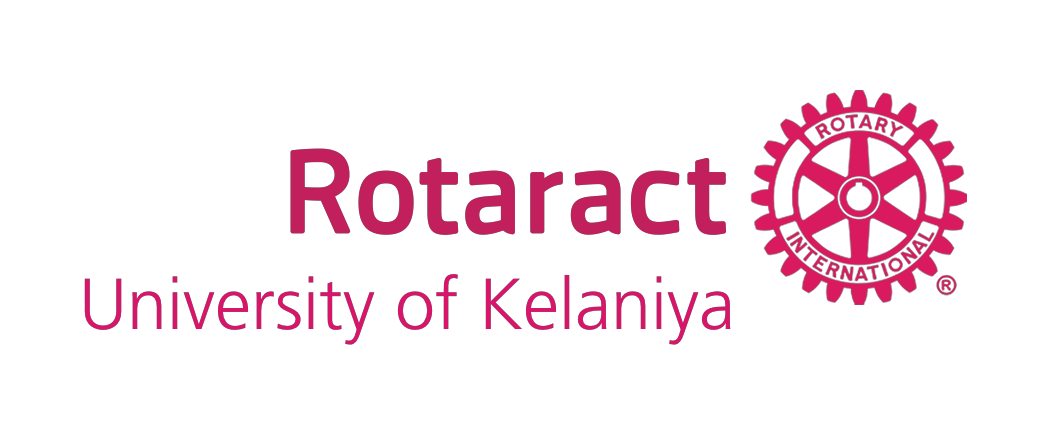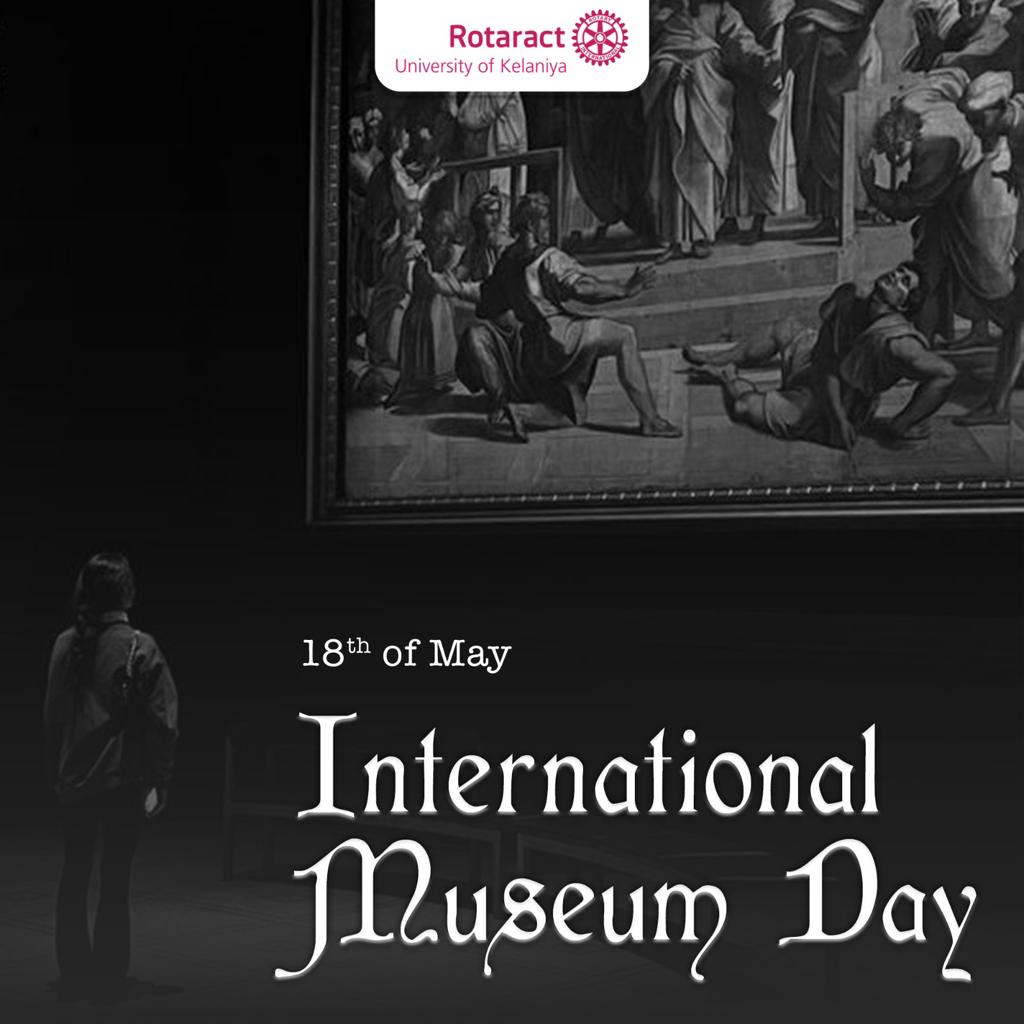A premise that treasures the legacies of the past, echoing the unspoken history, revealing the story of yesterday to the future. Embracing the journey to carve tomorrow!
THE MUSEUM
The ‘Museum’ is defined as a “Non-profit, permanent institution in the service of society and its development, open to the public, which acquires, conserves, researches, communicates and exhibits the tangible and intangible heritage of humanity and its environment for the purposes of education, study and enjoyment.”
Source: International Council of Museums (ICOM), Article 3, Statutes, 2007
The International Museum Day is a celebration held every year on May 18th to raise awareness of the importance of museums in our society. The day was established in 1977 by the International Council of Museums (ICOM), and since then, it has become a widely recognized event celebrated by museums all over the world. The theme of the International Museum Day for the year 2023 is ‘Museums, Sustainability, and Well-being’ which promotes awareness on the crucial role in promoting sustainable development within communities. The theme for International Museum Day changes every year, but the goal is always the same: to promote the role of museums as important cultural institutions that play a vital part in preserving and promoting our cultural heritage. The International Museum Day offers a unique opportunity for museums to connect with their local communities and visitors from all over the world. Museums often organize special events, exhibitions, and educational programs to mark the occasion and engage with visitors. One of the key aims of International Museum Day is to promote access to museums for all. Many museums offer free admission on this day or organize tours and activities for disadvantaged groups such as children, elderly people, or those with disabilities. Another important aspect of the International Museum Day is to highlight the importance of museums in preserving and promoting cultural diversity.
Museums play a crucial role in safeguarding and presenting the tangible and intangible heritage of communities, and they provide important spaces for dialogue and understanding between different cultures and perspectives. Museums are esteemed institutions that offer a unique and insightful glimpse into the past, present, and future. They provide visitors with an opportunity to explore and learn about a wide range of topics, from art to science to history. One of the most fascinating aspects of museums is their ability to cater to a diverse range of interests. Art enthusiasts can visit art museums to view some of the world’s most famous paintings, sculptures, and other works of art that have stood the test of time. History enthusiasts, on the other hand, can explore museums filled with artifacts and exhibits that tell the story of a particular time or place. Science enthusiasts can visit museums that focus on everything from biology and chemistry to astronomy and physics. Museums are also outstanding places for personal growth and education. Many museums offer classes, workshops, and educational programs for visitors of all ages. These programs provide unique opportunities for people to learn and explore in new and exciting ways, making them particularly beneficial for children. Another remarkable aspect of museums is that they are often housed in architecturally significant and historically rich buildings. Many museums are located in structures that are hundreds of years old, and they offer a glimpse into the architectural styles and designs of the past.
Step into the Museum and witness the magnificence of experiencing a journey of legacies and uniqueness as every wall speaks its own story!




